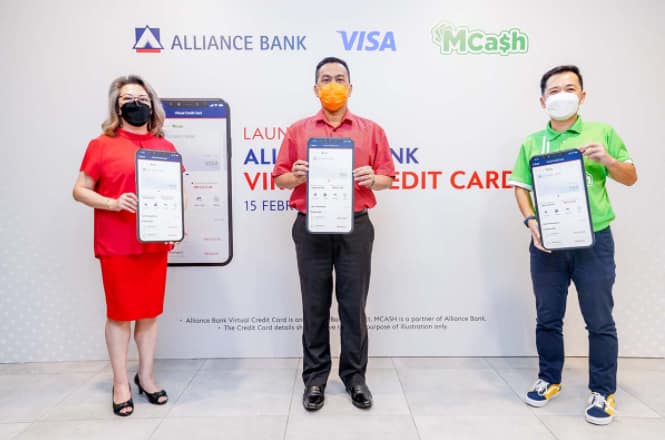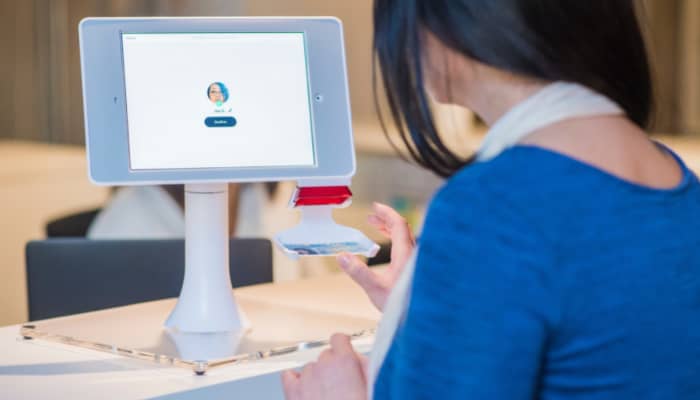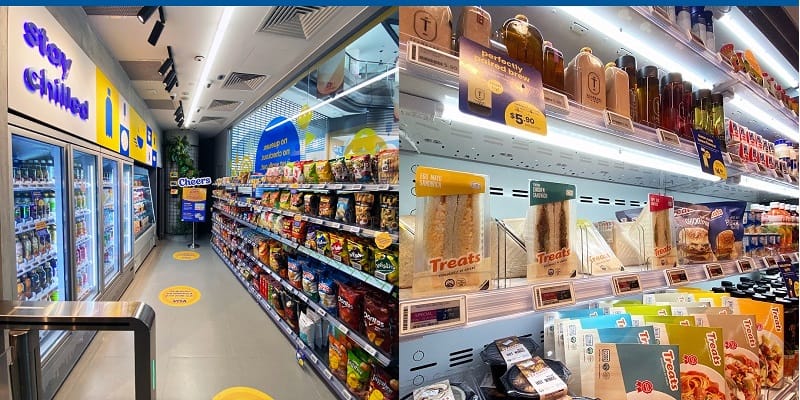Kuala Lumpur, Malaysia — Financial services company Alliance Bank Malaysia has launched the Alliance Bank Visa Platinum virtual credit card, a virtual credit card for individuals offered via consumer lifestyle apps. The project was launched in collaboration with fintech service provider MCash.
The current service offering of the virtual credit card includes enabling customers to make JomPAY and QR code payments and access cash advance services via the MCash mobile app without the need for a physical credit card.
Gan Pai Li, group chief consumer Banking Officer of Alliance Bank, said that in keeping true to their proposition of ‘Bank in Your Pocket’, the Alliance Bank Visa Platinum virtual credit card is the latest addition to the bank’s line-up of digital innovations to deliver fast, simple and responsive services and is ESG friendly.
Li added that they want customers to have access to cash advance services securely whenever they need it via their mobile phones anytime, anywhere. Li continued by saying they will soon enhance the features to allow transactions for e-commerce, streaming and subscription services to cater to their customer’s lifestyles.
The application for the Alliance Bank Visa Platinum virtual credit card is done via the MCash mobile app available on Google Play and Apple App Store. Customers will be required to upload a digital copy of supporting documents such as EPF statements or salary slips. In addition, upon successful application, customers accessing cash advance services will have the requested funds disbursed into any of their local savings accounts.
“We are pleased that MCash eWallet shares our vision of ‘Bank in Your Pocket’ and have agreed to work with us to provide our customers a seamless digital payment experience,” Li said.
Aaron Lee, chief executive officer of MCash eWallet, commented, “This fintech partnership empowers MCash as the first green-friendly Digital Wallet Operator in Malaysia to introduce a virtual credit card to Gen-Z customers. Apart from protecting our existing 500,000 users and 20,000 merchants in all digital payment facilities, the ease of accessing a digital credit facility will also inspire our current 1,500 MCash micro-entrepreneurs to expand their businesses through the adoption of this ESG-friendly service.”
Ng Kong Boon, country manager of Visa Malaysia, said, “We congratulate Alliance Bank for being among the leaders in the virtual credit card market in Malaysia. As the global leader in digital payments, Visa strives to provide innovative solutions that address the evolving payment needs of consumers and their shifting preferences and behaviours. When it comes to virtual cards, nearly seven in ten (69%) Malaysian consumers are interested to use virtual cards for their daily purchases and financial transactions. Our collaboration with Alliance Bank represents yet another important step in digitising the payments landscape and delivering fast, convenient, secure and innovative payments solutions to our customers in Malaysia.”









